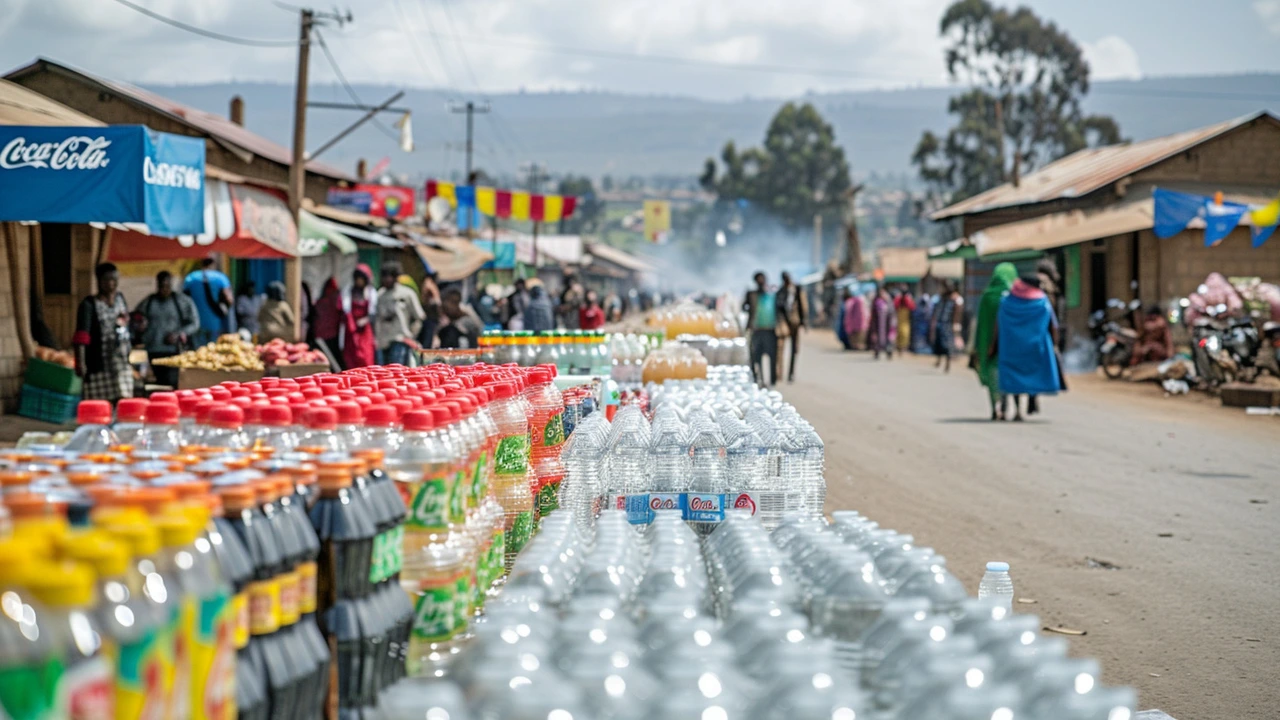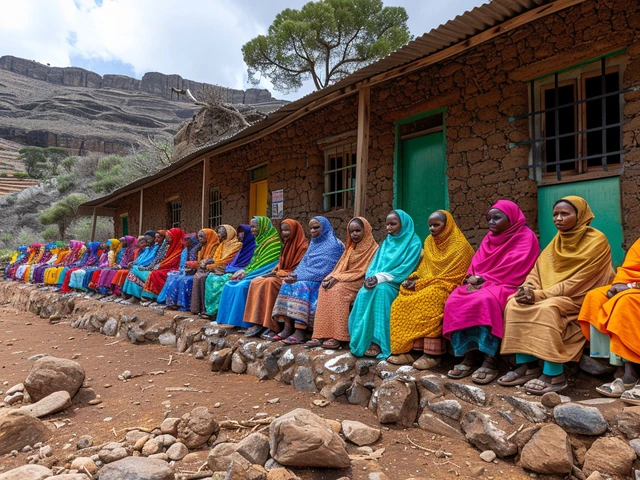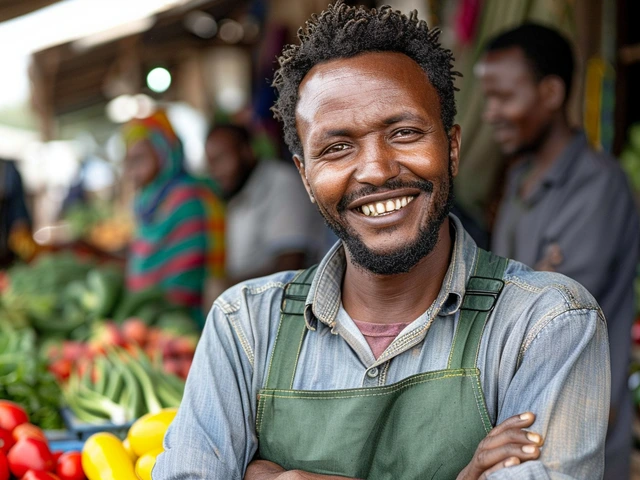Beverage Prices in Ethiopia: What You Really Pay
Think you know what your favorite drink costs in Ethiopia? The real numbers might surprise you. Whether you’re grabbing bottled water at a street vendor or enjoying a local beer in Addis Ababa, drink prices can tell you a lot about daily life and budgeting here.
First up, water is cheap and everywhere. A standard 500ml bottled water usually sells for as little as 10-15 birr in cities, sometimes even less in smaller towns. Locals rarely worry about the price of water, but tourists appreciate the low cost compared to what they pay abroad.
Coffee is a daily ritual in Ethiopia, not just a drink. At a neighborhood coffee house, expect to pay around 15-30 birr for a fresh cup. If you’re in a fancier hotel or tourist area, the price goes up, but rarely past 100 birr. In local markets, coffee is affordable enough to drink several times a day without breaking the bank.
Soft drinks like Coca-Cola, Sprite, and local sodas hover around 20-30 birr for a 330ml bottle. Supermarkets and small neighborhood shops don’t differ much. You’ll sometimes spot deals at bigger chains, but prices rarely go above 40 birr a bottle, even at airports.
If you’re looking for alcohol, local beer is a bargain. Ethiopian brands like St. George and Habesha usually cost around 30-50 birr for a 330ml bottle when bought at a bar. Supermarkets offer bulk pricing or discounts, especially for local brews. Imported alcohol comes with heavy taxes, so expect to pay a premium for international brands—sometimes three or four times local prices.
What about traditional drinks? Tej (a local honey wine) or t’alla (homemade beer) get served in rural and urban settings. In local joints, a glass might cost just 20-40 birr, sometimes even less at family gatherings. These homemade options usually offer a fun, cheap way to enjoy a unique taste of Ethiopia without spending much—just remember, strength can vary!
Fresh juices are another winner here. Papaya, mango, avocado, and even mixed fruit smoothies rarely cost more than 30-60 birr at cafés and juice bars. If you want juice in a luxury establishment, prices will go higher, but you’d be hard-pressed to pay more than the equivalent of $1.50 for a hefty glass anywhere.
Beverage costs change with global inflation, urban growth, and supply chain hiccups, but the basics stay consistent. Water and local drinks are always cheap by global standards, while anything imported (especially spirits or packaged energy drinks) costs much more. Watching what locals buy gives you a sense of what’s affordable and what’s a splurge.
Budgeting for drinks in Ethiopia doesn’t require fancy math. If you stick to local beverages, your daily costs stay low. Cafés, restaurants, and bars offer a range of choices to suit every wallet, and fresh, healthy options are easy to find. In short—thirsty in Ethiopia? You don’t have to spend much to stay refreshed.





